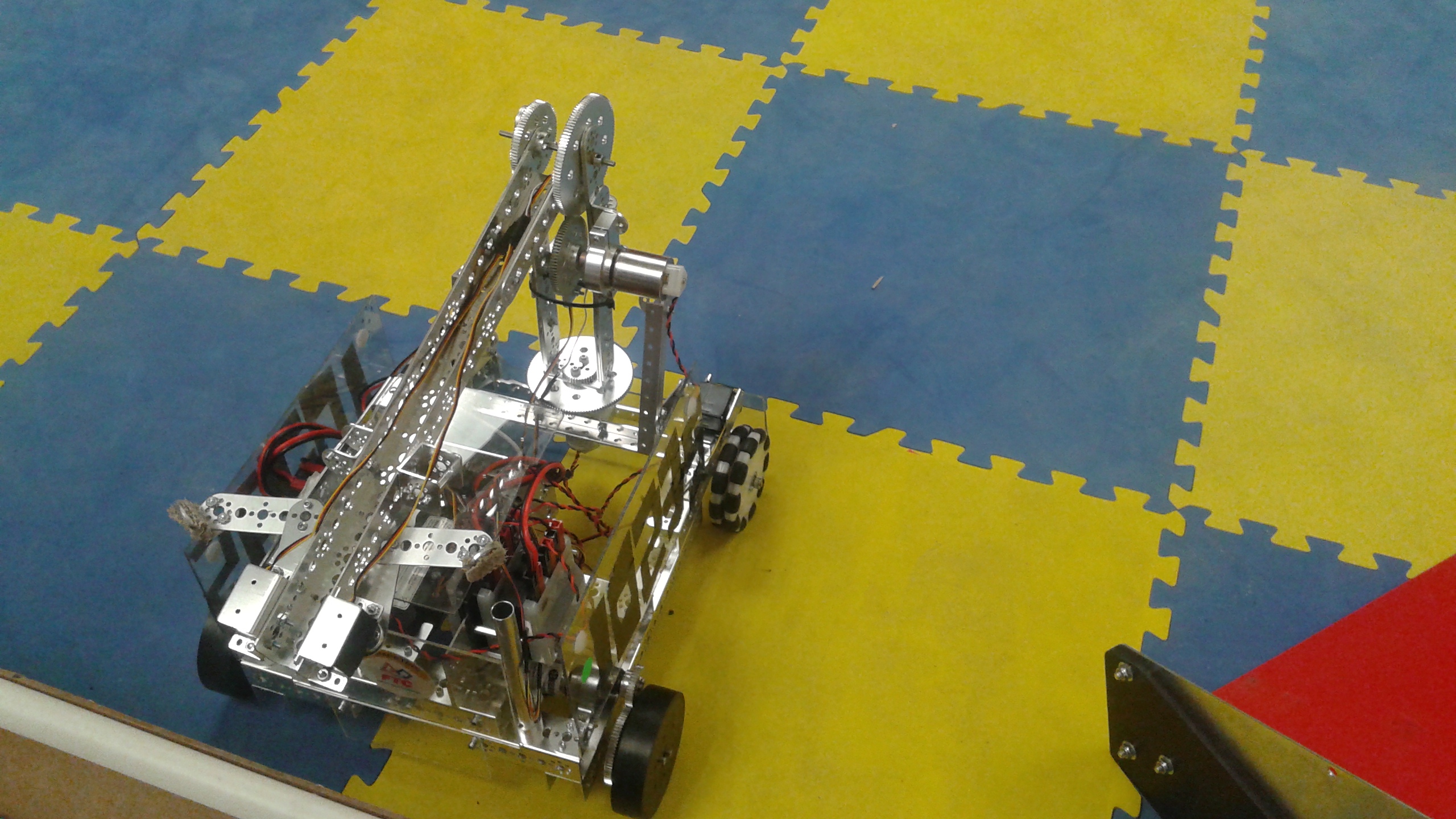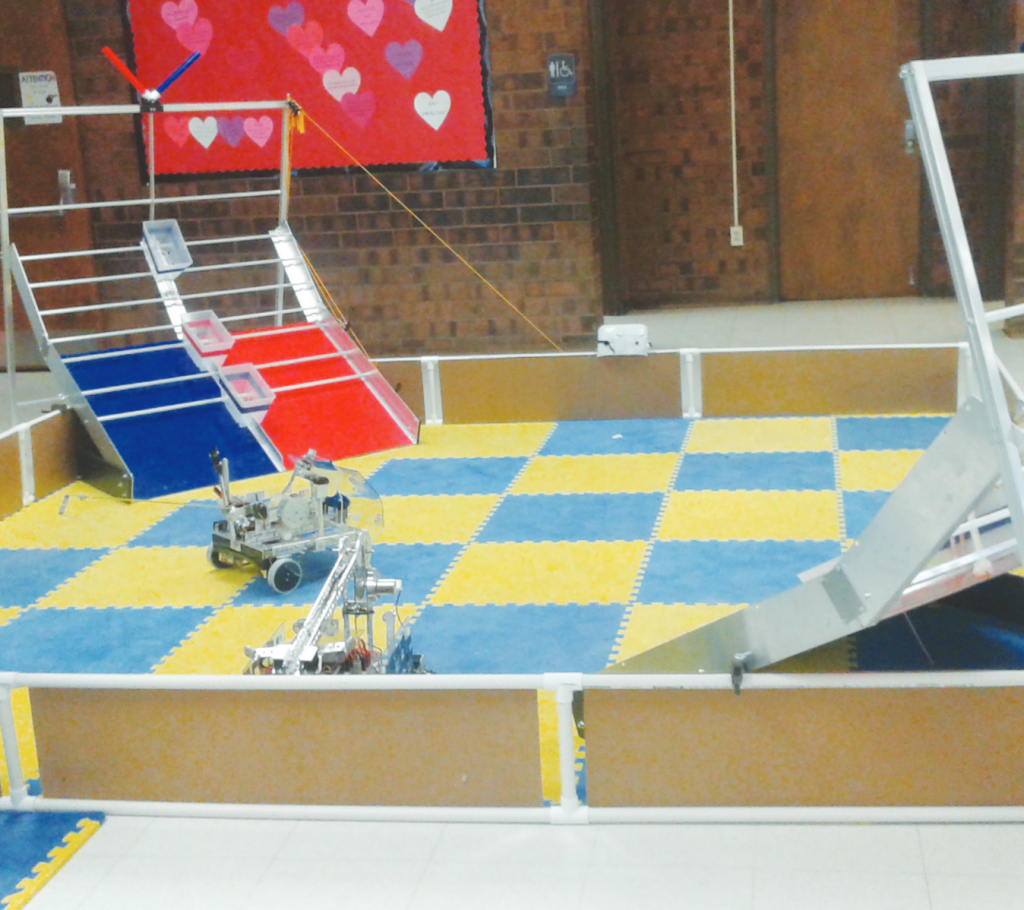
The Kirksville Area Science, Technology, Engineering, Arts and Math Alliance hosted its third annual STEAM Summit Monday at William Matthew Middle School.

Attendees gathered to listen to speakers, learn about local projects and plan for the future of STEAM in Kirksville. Alliance Committee Chair Danielle Madsen says one of the primary purposes of the summit was to discuss a community makerspace, an area where community members can use tools and access experts to create STEAM-related projects.
Madsen says a makerspace can be compared to a community gym membership.
“Instead of weights, you have equipment and tools with which to create,” Madsen says. “Instead of a personal trainer, you have a community of people willing to help you learn how to use the equipment.”
Alliance Committee member Susan Hazen says the summit served as a brainstorming meeting for the space and included presentations from representatives of makerspaces in other communities. She says small business owners and prospective entrepreneurs have used makerspaces to create new products, which could affect Kirksville’s small businesses.
Hazen says several STEAM programs already exist for Kirksville students. She says there is a Maker Club that meets weekly at the high school as well as a robotics club, where the students are able to use engineering and technology tools, including a 3-D printer. She says there is an emphasis on encouraging girls as well as boys to participate in STEAM fields. Hazen says through a grant from the Missouri Department of Elementary and Secondary Education, she was able to start several female coding clubs in Northeast Missouri.
“I would love to see that expand because we don’t want the boys left out. It would be awesome to include the boys as well, but often the boys find it on their own. The girls often don’t join or pursue that on their own.”
– Danielle Madsen, Alliance Committee Chair
Rich Chapman teaches a high school engineering class at the Kirksville Area Technical Center. Chapman says his goal is to see more gender diversity in the class and expand the class to a four-year program that would enable students to graduate high school with college credit in engineering courses.
Chapman says currently students are able to earn three hours of college credit through the University of Iowa by passing the class’ final exam, and he hopes to accredit the course through the Missouri University of Science & Technology.
Alliance Committee member Joe Vincent says the community already has multiple groups creating STEAM-related projects. He says there are community members with the necessary knowledge that would be able to lead, and the makerspace would help streamline these groups and individuals.
One of the presentations at the conference was a three-layer maze built by three Faith Lutheran School students, which a robot could solve. The students are in the process of completing the maze.
“We’re not done yet,” seventh grader Luciana Scuderi says. “We ran into a problem with the ramps, but we’re hoping to finish it soon.”
